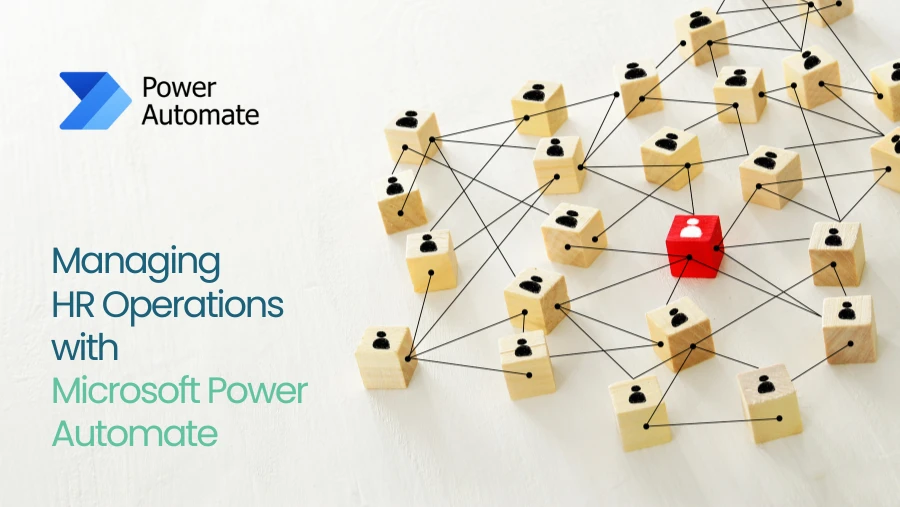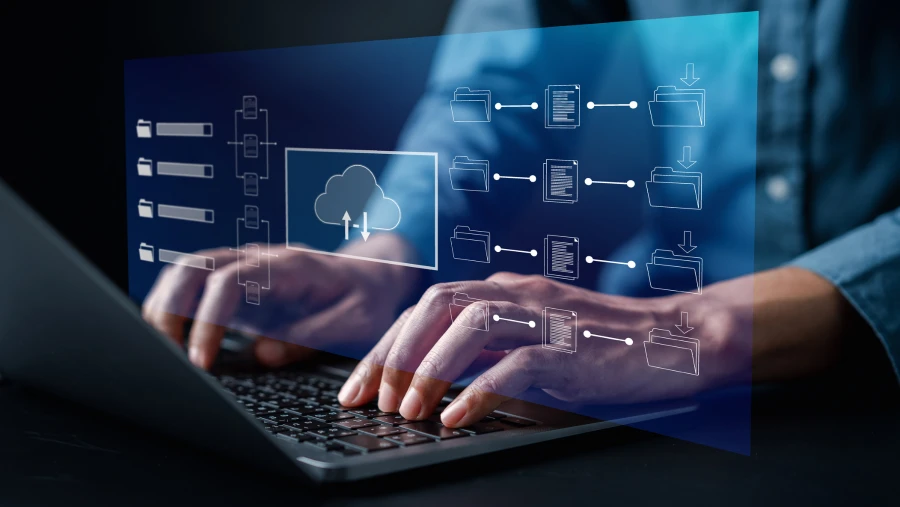“Cybersecurity is no longer just an option; it is the foundation upon which trust, resilience, and success are built in today’s business landscape.” – Johnny Youssef
In today’s digitally interconnected world, where businesses and individuals rely heavily on technology, cybersecurity has become a critical aspect of protecting sensitive information, preserving privacy, and ensuring the integrity of systems and networks. Cybersecurity encompasses a wide range of practices, technologies, and strategies aimed at defending against cyber threats, including unauthorized access, data breaches, ransomware attacks, and other malicious activities.
This introduction provides an overview of cybersecurity and explores some key use cases that highlight its importance in various domains.
-
Protecting Personal Information:
In an era of pervasive data collection and online interactions, protecting personal information is of utmost importance. Cybersecurity plays a vital role in safeguarding individuals’ personally identifiable information (PII) from theft, fraud, or unauthorized access. This includes securing financial data, social security numbers, health records, and other sensitive personal details. Effective cybersecurity measures such as encryption, access controls, and secure authentication protocols are essential to prevent unauthorized access and protect individuals’ privacy.
-
Safeguarding Business Data and Intellectual Property:
Businesses accumulate vast amounts of valuable data and intellectual property (IP), including customer data, trade secrets, product designs, and proprietary algorithms. Cybersecurity is crucial in protecting this information from theft, unauthorized disclosure, or compromise. Implementing robust cybersecurity measures such as intrusion detection systems, firewalls, encryption, and employee awareness programs helps mitigate the risk of data breaches and safeguard business-critical assets.
-
Securing Critical Infrastructure:
Critical infrastructure, such as power grids, transportation systems, and water treatment facilities, is increasingly connected to digital networks, making it vulnerable to cyber threats. Disrupting or compromising critical infrastructure can have severe consequences, including service outages, financial losses, and threats to public safety. Cybersecurity plays a crucial role in securing critical infrastructure by implementing measures like network segmentation, intrusion prevention systems, and incident response plans to detect and mitigate cyber-attacks.
-
Ensuring E-Commerce Security:
With the rise of online shopping and electronic transactions, cybersecurity is vital for ensuring the security of e-commerce platforms. Protecting customers’ financial information, including credit card details and personal data, is essential to maintain their trust and confidence in online transactions. Implementing secure payment gateways, encryption protocols, and regular vulnerability assessments helps prevent unauthorized access and safeguard e-commerce platforms against cyber threats.
-
Defending Against Malware and Ransomware Attacks:
Malware and ransomware attacks pose significant risks to individuals and businesses alike. Malicious software can infiltrate systems, steal data, disrupt operations, or hold data hostage until a ransom is paid. Robust cybersecurity measures, including anti-malware software, email filters, and regular system updates, are crucial in detecting and preventing malware attacks. Effective backup and disaster recovery strategies are also essential in mitigating the impact of ransomware attacks.
-
Protecting Internet of Things (IoT) Devices:
The proliferation of IoT devices, including smart home appliances, wearables, and industrial sensors, has created new cybersecurity challenges. Insecure IoT devices can serve as entry points for cyber-attacks, compromising networks and exposing sensitive information. Implementing strong authentication, encryption, and regular firmware updates are essential in securing IoT devices and ensuring their integration into secure and resilient networks.
In our interaction with CISO’s they have shared with us companies who have demonstrated a commitment to cybersecurity by implementing a combination of technological solutions, robust policies, employee training, and collaboration with the wider cybersecurity community. Their success in addressing cybersecurity challenges serves as inspiration and guidance for other organizations looking to enhance their own security practices.
Let’s explore the companies that have successfully implemented cybersecurity measures:
-
JPMorgan Chase:
As one of the largest banks in the United States, JPMorgan Chase has made significant investments in cybersecurity. The company has established a dedicated cybersecurity team, implemented multi-factor authentication for employee access, and developed advanced threat detection and response capabilities. JPMorgan Chase also regularly conducts cybersecurity training and awareness programs for its employees.
-
Microsoft:
Microsoft has taken a comprehensive approach to cybersecurity across its products, services, and infrastructure. The company has invested heavily in building robust security features into its software, such as Windows Defender for endpoint protection. Microsoft also operates the Microsoft Cyber Defense Operations Center (CDOC), which monitors and responds to security threats in real-time.
-
Cisco:
Cisco, a leading networking and IT company, has prioritized cybersecurity both internally and for its customers. The company offers a range of cybersecurity solutions, including firewalls, intrusion prevention systems, and secure network access controls. Cisco has also implemented a robust incident response program and collaborates with external researchers to identify and address vulnerabilities.
-
IBM:
IBM has a long history of focusing on cybersecurity. The company provides a wide array of cybersecurity services and solutions, including threat intelligence, data encryption, identity and access management, and security consulting. IBM’s X-Force Incident Response and Intelligence Services (IRIS) team helps clients respond to and recover from cybersecurity incidents effectively.
-
Target:
Target, a major retail corporation, experienced a significant data breach in 2013 that affected millions of customers. Following the breach, Target implemented several cybersecurity measures to enhance its security posture. The company invested heavily in security technologies, including advanced threat detection systems and endpoint protection solutions. Target also improved its network segmentation to isolate sensitive systems and implemented stricter access controls. Additionally, the company bolstered its incident response capabilities and established a dedicated cybersecurity team to monitor and respond to threats effectively.
-
Hilton Hotels & Resorts:
Hilton, a global hospitality company, has made substantial efforts to address cybersecurity risks in the hospitality industry. The company implemented comprehensive cybersecurity frameworks and standards across its properties worldwide. Hilton focuses on securing customer data through encryption, tokenization, and secure payment processing. The company also provides regular training to its employees to raise awareness about potential threats and the importance of safeguarding guest information.
-
Marriott International:
Marriott, one of the world’s largest hotel chains, has taken cybersecurity seriously to protect its guests’ personal information. Following a data breach in 2018, Marriott implemented several measures to strengthen its security posture. The company enhanced its network security, implemented two-factor authentication, and increased monitoring and threat detection capabilities. Marriott also improved its incident response and recovery processes, conducted regular security audits, and implemented stronger access controls for employees and third-party vendors.
-
Walmart:
Walmart, a multinational retail corporation, has made significant investments in cybersecurity to protect its customers’ data and ensure the security of its systems. The company has implemented advanced fraud detection systems, strong encryption mechanisms, and secure payment processing technologies. Walmart also conducts regular security assessments and penetration testing to identify and address vulnerabilities proactively. The company provides cybersecurity training to its employees and encourages a culture of security awareness throughout the organization.
-
The Home Depot:
After experiencing a major data breach in 2014, The Home Depot took significant steps to enhance its cybersecurity practices. The company invested heavily in security technologies and implemented measures such as two-factor authentication, network segmentation, and enhanced encryption. The Home Depot also established a cybersecurity intelligence center to monitor threats and respond quickly to potential incidents. The company regularly conducts employee training and awareness programs to educate its staff about cybersecurity best practices.
-
Mastercard:
Mastercard, a global payment technology company, places a strong emphasis on cybersecurity to protect its customers and the integrity of its payment systems. The company has implemented technologies such as tokenization and encryption to secure cardholder data. Mastercard also actively collaborates with other organizations and industry stakeholders to address emerging cybersecurity challenges.
-
Google:
Google has a robust cybersecurity program that encompasses its products, services, and infrastructure. The company employs various security measures, such as two-factor authentication, encryption, and continuous monitoring of its systems. Google also runs a Vulnerability Reward Program (VRP) that incentivizes external researchers to discover and report security vulnerabilities in its products.
-
Amazon:
As a leading provider of cloud computing services, Amazon Web Services (AWS) places a strong emphasis on cybersecurity. AWS offers a wide range of security features and services, including encryption, access controls, and automated threat detection. The company also provides tools and resources to help customers build secure applications and maintain a strong security posture.
Cybersecurity is a critical discipline that plays a pivotal role in protecting individuals, businesses, and critical infrastructure from cyber threats. The use cases mentioned above highlight the diverse applications of cybersecurity, ranging from protecting personal information and business data to securing critical infrastructure and defending against malware and ransomware attacks. By adopting robust cybersecurity measures, organizations and individuals can safeguard sensitive information, preserve privacy, and ensure the integrity of systems and networks in an increasingly interconnected digital landscape.
To know more you can contact us at [email protected]. Follow us on our LinkedIn to stay up-to-date on this solution.






